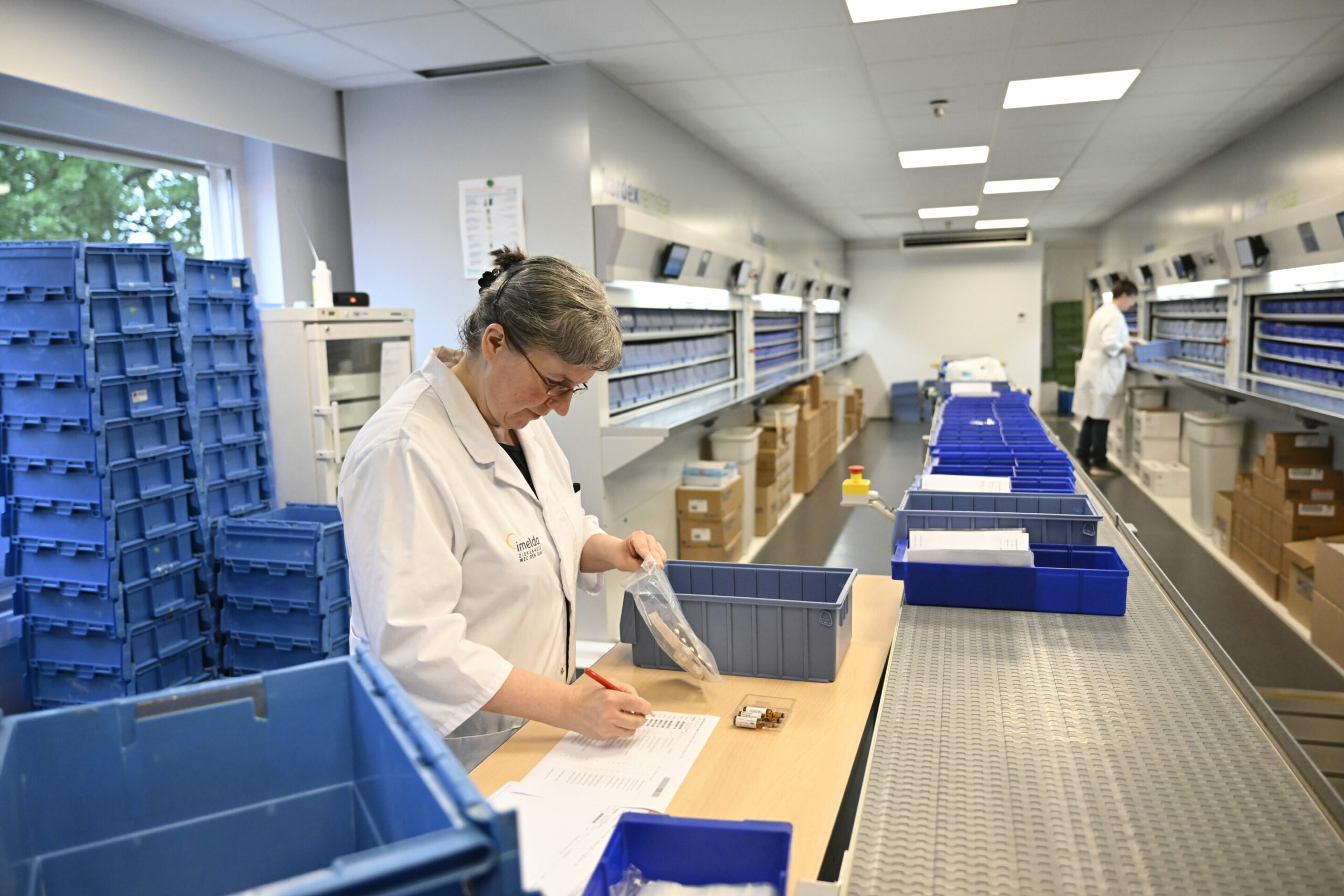Several Belgian organisations joined forces to urge the Federal Government to not follow the European Commission's move to introduce digital versions of paper information leaflets found inside medications.
Low-income households, the elderly and those with disabilities are set to be most impacted, experts warn. The announcement came late last week, just days ahead of Monday's World Health Day.
Among the 15 Belgian organisations is the consumer protection group, Testachats. "Replacing paper package inserts with digital ones would make the provision of information about medicines dependent on access to the internet, smartphones and digital skills," Testachats stated in a press release.
For years, the European Commission has pushed for increased digitalisation of the health sector, including the transition to electronic product information (ePI). The transition to an ePI system could replace the paper informational leaflet that is mandatory in medicines packages.
Last week, the European Medicines Agency published a draft reflection paper on patient access to ePI, open to public consultation until 30 June 2025.

The push for digitalisation impacts the informational paper leaflets that come with medication. Credit: Belga/Siska Gremmelprez
While the transition to ePI claims to improve accessibility to information, Belgian organisations across the social and medical sectors worry it will have a direct negative impact on those more digitally vulnerable. Around 40% of Belgians between 16 and 74 years old fall in this category, the latest Digital Inclusion Barometer showed.
"5% of the Belgian population has no access to the internet and 16% does not use it. This percentage rises to 21% in low-income households," added Testachats.
Additionally, even when digital alternatives are available, most patients in Belgium do not utilise them, according to a Testachats survey in 2022. "Barely one in 10 people look for information about a medication online, while eight out of 10 prefer to consult the paper package insert and want to keep it, even if a QR code is available," the organisation noted.
Moreover, the Belgian groups condemn the practical and financial burdens they believe the wider use of ePI would shift towards pharmacists and patients, due to printing or internet use. "Pharmaceutical companies should play their social role," the organisations stated.

Credit: Belga/Dirk Waem
However, the 15 organisations acknowledge that the ePI has its benefits, as long as it is an additional tool rather than a replacement."There is no doubt that the digital package leaflet has advantages, such as better readability for the visually impaired and faster access to current information," it said, adding that sufficient data protection guarantees would also be needed.
But for now, the focus is to appeal to the Government to prevent the replacement. "We believe that the mandatory paper package leaflet is crucial for an inclusive healthcare policy."
The 15 organisations involved in the call to the Federal Government are Testachats, Solidaris, the Christian Health Insurance Fund, the Independent Insurance Funds, the French-speaking general practitioners' syndicate GBO, LOSS, the Flemish Patient's Platform, the General Pharmaceutical Unions, ophaco, UNIA, Okra and Enéo, Altéo, and Kom op Tegen Kanker.

